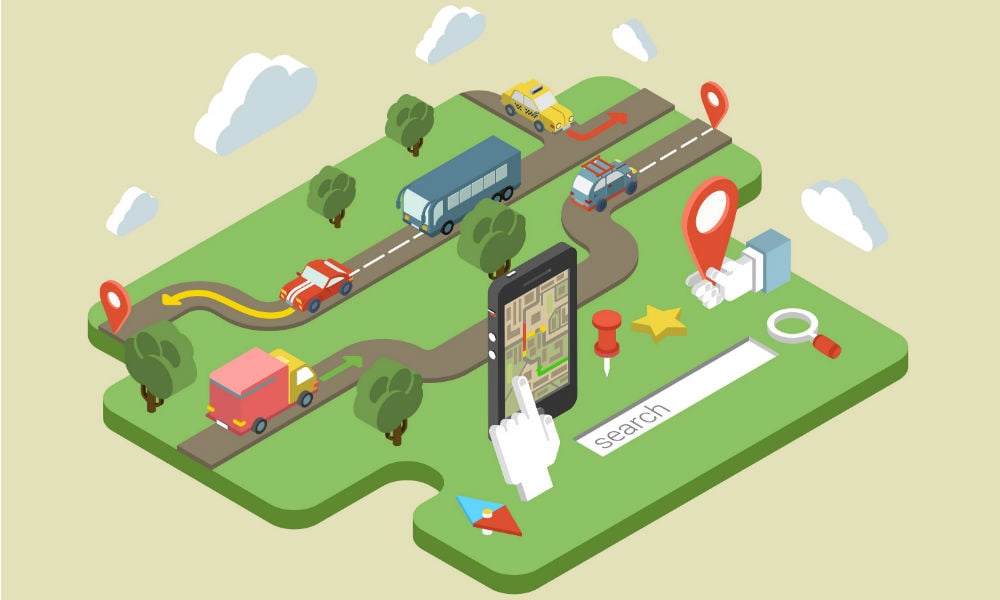
Ever since the first GPS (Global Positioning System) device was introduced to us in 1991, more have followed suit to make travelling to unknown places easier and safer. Prior to exploring new locations, it is highly-recommended to do some research beforehand to ensure that you have enough information to possibly buy the best car GPS for you. The great thing is that these devices are both affordable and reliable. But still, people have doubts about this technology and how it affects our well-being. For instance, there is a common notion that the signals of the GPS device are just too powerful for the human body.
Breaking the myth: GPS signals are dangerous
There's a rumor that GPS signals are bad for your overall health, but that is simply not true. GPS has a few dozen satellites in its possession which happen to orbit around the Earth, and every one of them broadcasts signals to every GPS device. The important fact is that the GPS device only receives signals; it doesn't transmit them. The signals that the GPS receive takes non-radio power. When you talk about electromagnetism and the negative effects on the human body, it is only harmful when it’s about transmission. The moment you make a phone call, there's about four watts which are being transmitted very close from your head. So to be clear, GPS only receive signals, which means they aren't bad for you. As a matter of fact, smartphones and Wi-Fi routers make much more damage to you than any GPS model you could find.
Tip: Being lazy makes you unhealthy
As previously established, the signals that GPS device receive aren't dangerous to our bodies, but the usage of navigation technology can make you prone to developing memory-affected diseases such as Alzheimer’s and Dementia. However, this is at a very slim chance. Scientists have confirmed that using the navigation devices can slow down the full potential of the hippocampus, which is a part of our brain that is vital for forming new memories, it is also associated with learning and emotions. GPS car navigation does makes us somewhat lazy, therefore we become slightly prone to developing a memory disorder.
However, as using a GPS has become a helpful tool with everyday life, we suggest that to keep your hippocampus healthy and prevent an illness, you should go and exercise your brain on a regular basis. For using the GPS, why not experiment daily or weekly with new routes such as, your travel to work, or your nearest supermarket, or when you’re running errands.
This is does not mean that we have to stop using GPS technology, especially as we use other gadgets that causes more harm to our body and makes our brain feel unchallenged and lazy i.e. phones and Wi-Fi routers.
Just remember to always keep the brain sharp and active, and there’s a lesser chance of developing memory disorders.